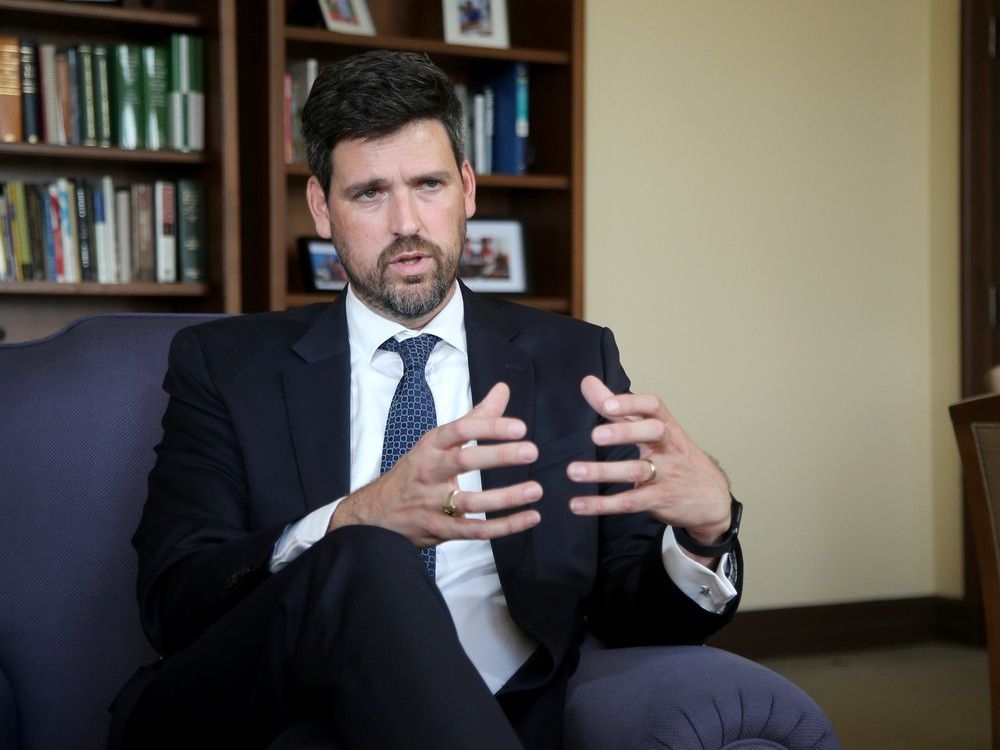A recent Supreme Court decision has ignited a firestorm of controversy, prompting calls for a rarely used constitutional tool to be invoked. The ruling, delivered by a narrow 5-4 majority, struck down a mandatory minimum sentence of one year for possessing child pornography, a decision many are calling a profound misstep.
The core of the outrage lies not just in the outcome, but in *how* the court arrived at it. Instead of ruling on the specific cases before them – involving men possessing hundreds of horrific images and videos depicting the abuse of children aged three to ten – the majority crafted a hypothetical scenario to justify their decision.
Justice Mary Moreau posited a case of a 17-year-old girl sending a nude image to her 18-year-old boyfriend, who then shared it. She argued that applying a one-year mandatory minimum to this scenario would be “cruel and unusual punishment,” and therefore, the law itself was unconstitutional. This leap in logic has been widely condemned as judicial overreach.

Critics argue that this hypothetical bears no resemblance to the horrific reality of child pornography – the exploitation, abuse, and lasting trauma inflicted upon vulnerable children. The distinction between consensual image sharing and the possession of exploitative material is stark, yet blurred by the court’s reasoning.
The ruling is being described as a blatant example of judicial activism, a usurpation of legislative power. By inventing a case to fit a pre-determined outcome, the court effectively rewrote the law, rather than interpreting it. This raises fundamental questions about the role of the judiciary and the limits of its authority.
Despite the gravity of the situation, Justice Minister Sean Fraser has stated his unwillingness to utilize Section 33 of the Charter – the “notwithstanding clause” – to override the ruling. He claims it would be an overreach to invoke this power, a position that many find deeply troubling.
Those advocating for the use of the notwithstanding clause argue it wouldn’t be an attack on the Constitution, but a defense of its true intent. It would be a clear message to the courts that their role is to interpret the law, not to reshape it according to personal philosophies. It would reaffirm the supremacy of Parliament in a democratic system.
Beyond the immediate crisis, there’s a growing concern about the escalating abuse of “reasonable hypotheticals” by the courts. What was once a valid legal tool has become a means of circumventing the legislative process and imposing judicial preferences. Restricting the use of these hypotheticals through legislation is now being proposed.
The fundamental principle at stake is clear: in Canada, Parliament is supreme. It’s time for the government to act decisively, not just to address this specific ruling, but to safeguard the integrity of the legal system and, most importantly, to protect the nation’s children from the horrors of exploitation.




